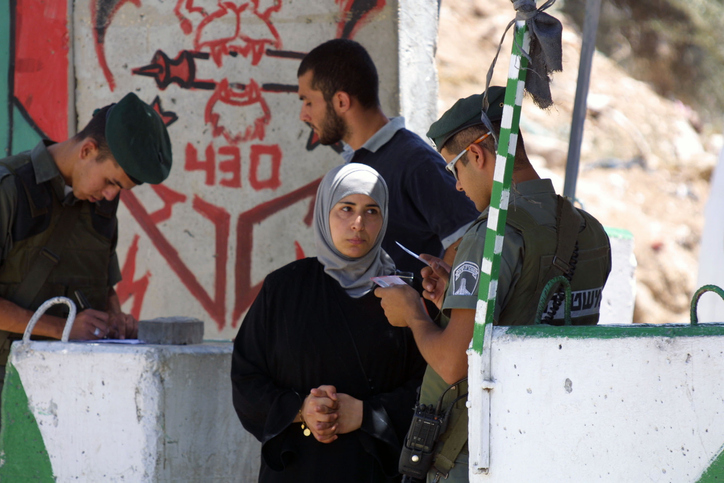
Posted On : Dec 17 2020
Unmasking the Palestine Islamic Jihad (PIJ)
Amidst the complex and enduring Israeli-Palestinian conflict, the Palestine Islamic Jihad (PIJ) stands as one of the key Palestinian militant groups.

This article delves into the origins, objectives, and implications of the Palestine Islamic Jihad, shedding light on its role in the region's ongoing turmoil.
The Palestine Islamic Jihad, commonly known as PIJ, was founded in the late 1970s during the First Palestinian Intifada, or uprising, against Israeli occupation. It was established by Fathi Shaqaqi and Abdul Aziz Awda, both Palestinian activists who sought to create an Islamist alternative to the secular Palestine Liberation Organization (PLO).
Armed Resistance: PIJ's primary objective is to use armed struggle to end the Israeli occupation of Palestinian territories, establish an independent Palestinian state, and gain the right of return for Palestinian refugees. PIJ views violence as a legitimate means to achieve these goals.
Elimination of Israel: PIJ's charter calls for the complete destruction of Israel, rejecting any negotiated peace settlement or two-state solution. The group aims to achieve this through continuous armed resistance and attacks against Israeli civilians and military targets.
Support for Iran: PIJ has close ties to Iran and receives financial and military support from the Iranian government. This relationship has further fuelled regional tensions and contributed to the group's ability to maintain a militant presence.
Opposition to Palestinian Authority: PIJ opposes the Palestinian Authority (PA) led by Fatah, viewing it as corrupt and compromising Palestinian rights. This has led to occasional clashes between PIJ and PA security forces in the West Bank.
Violent Conflict: PIJ's commitment to armed resistance has resulted in cycles of violence in the Israeli-Palestinian conflict, exacerbating tensions and hampering peace efforts. The group's attacks on Israeli civilians have drawn international condemnation.
Regional Instability: PIJ's close alignment with Iran has made it a player in regional geopolitics. Its activities contribute to the broader regional instability, including tension with Israel and its allies.
Inter-Palestinian Divisions: PIJ's opposition to the Palestinian Authority and Fatah has perpetuated divisions among Palestinian factions, making efforts at Palestinian unity and negotiations with Israel more challenging.
Humanitarian Impact: The ongoing conflict involving PIJ and other militant groups has had a significant humanitarian impact on the Palestinian population, including displacement, loss of life, and economic hardship.
The Palestine Islamic Jihad remains a formidable actor in the Israeli-Palestinian conflict, with its uncompromising stance, armed resistance, and support from Iran. Its objectives, including the destruction of Israel, make it a key challenge for any peaceful resolution to the conflict. To address the complex dynamics involving PIJ, international diplomacy, dialogue, and efforts to alleviate the humanitarian suffering of Palestinians are crucial components of the path toward lasting peace and stability in the region.
No Comments Added




















